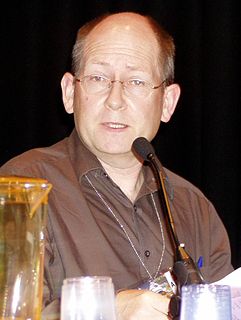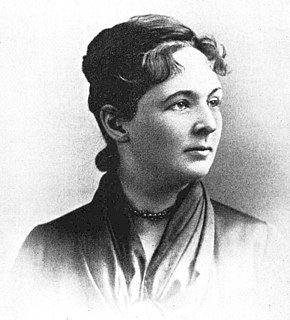A Quote by Richard Louv
In every bio-region, one of the most urgent tasks is to rebuild the community of naturalists - so radically depleted in recent years, as young people have spent less time in nature, and higher education has placed less value on such disciplines as zoology……The times are right for the return of the amateur, twenty-first-century, citizen naturalist. To be a citizen naturalist is to take personal action, to both protect and participate in nature.
Quote Topics
Action
Amateur
Bio
Both
Century
Citizen
Community
Depleted
Disciplines
Education
Every
First
Higher
Higher Education
Less
Less Time
Most
Naturalist
Nature
Participate
People
Personal
Placed
Protect
Radically
Rebuild
Recent
Region
Return
Right
Spent
Take
Tasks
Time
Times
Twenty
Urgent
Value
Years
Young
Young People
Zoology
Related Quotes
To a naturalist nothing is indifferent; the humble moss that creeps upon the stone is equally interesting as the lofty pine which so beautifully adorns the valley or the mountain: but to a naturalist who is reading in the face of the rocks the annals of a former world, the mossy covering which obstructs his view, and renders indistinguishable the different species of stone, is no less than a serious subject of regret.
Many able Gardeners and Husbandmen are yet Ignorant of the Reason of their Calling; as most Artificers are of the Reason of their own Rules that govern their excellent Workmanship. But a Naturalist and Mechanick of this sort is Master of the Reason of both, and might be of the Practice too, if his Industry kept pace with his Speculation; which were every commendable; and without which he cannot be said to be a complete Naturalist or Mechanick.
Most of us still believe in the intrinsic value of nature, but I think the first century of the environmental/conservation movement demonstrated pretty clearly that this value cannot compel a civilization-wide shift toward sustainable behavior and enterprise when stacked up against the urgent economic and social needs of 7 billion people, most of whom are struggling to get out of poverty.
In effective, sustained citizen action, people learn the skills of public life with which to act effectively. "Commons," or the common wealth-the public goods that are objects of sustainable public action-become not only occasions for collaboration by invaluable sources of citizen education in their own right because they are the occasions for learning such skills.
By calling attention to 'a well regulated militia,' 'the security of the nation,' and the right of each citizen 'to keep and bear arms,' our founding fathers recognized the essentially civilian nature of our economy... The Second Amendment still remains an important declaration of our basic civilian-military relationships in which every citizen must be ready to participate in the defense of his country. For that reason I believe the Second Amendment will always be important.
Man is merely a frequent effect, a monstrosity is a rare one, but both are equally natural, equally inevitable, equally part of the universal and general order. And what is strange about that? All creatures are involved in the life of all others, consequently every species... all nature is in a perpetual state of flux. Every animal is more or less a human being, every mineral more or less a plant, every plant more or less an animal... There is nothing clearly defined in nature.
If you behave like a good citizen, and you upgrade and improve your property, your reward will be the government will take more money from you. So using that analogy, you should let your house become the shithole on the block and they'll reduce your taxes and you'll pay less. Be a bad citizen with your neighbors, right? You'll save money then.

































